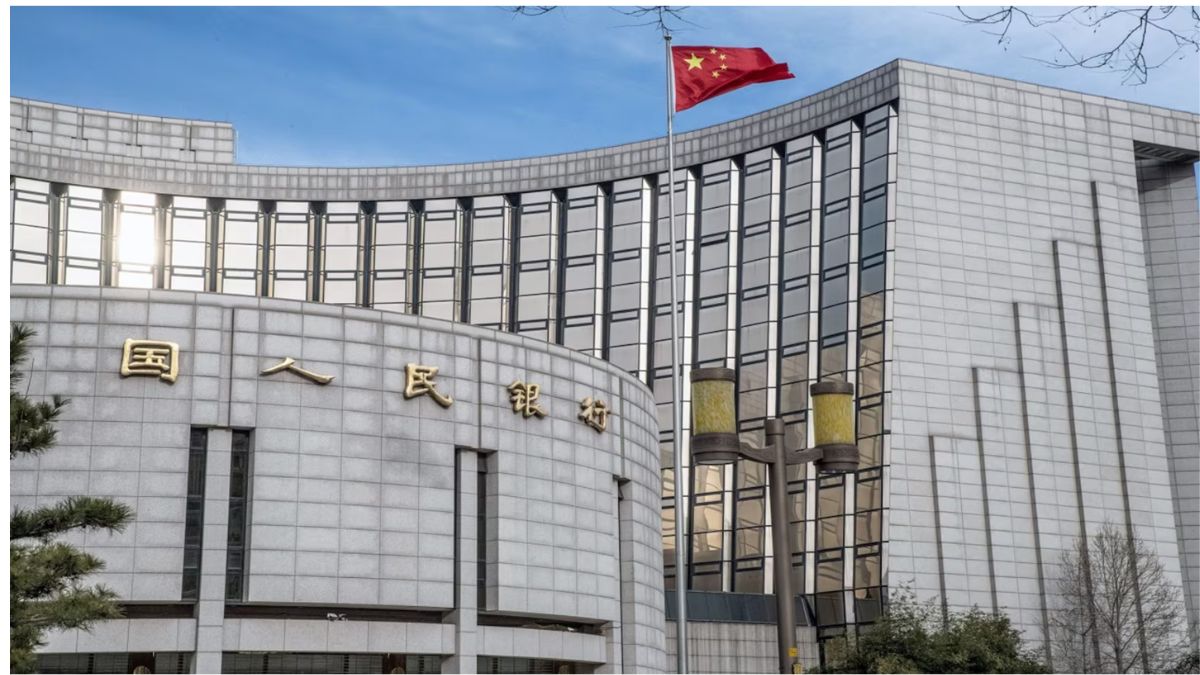The People’s Bank of China (PBOC) announced on Monday that it has lowered the interest rate on seven-day reverse repos from 1.8 percent to 1.7 percent. The decision, effective immediately, was detailed in an online statement by the central bank and reflects its ongoing efforts to strengthen counter-cyclical adjustments.
The reduction in the interest rate is part of the PBOC’s broader strategy to maintain reasonable and ample liquidity within the banking system. On the same day, the central bank conducted 58.2 billion yuan (approximately 8.16 billion U.S. dollars) worth of seven-day reverse repos at the new interest rate of 1.7 percent. This measure is designed to ensure that commercial banks have sufficient funds, which in turn supports lending and investment activities in the real economy.
A reverse repo, a critical tool in monetary policy, involves the central bank purchasing securities from commercial banks with an agreement to sell them back at a later date. This transaction injects liquidity into the banking system temporarily. By lowering the rate, the PBOC aims to reduce the cost of borrowing for banks, encouraging them to extend more credit to businesses and consumers.
The PBOC’s move comes amid global economic uncertainties and a domestic economy grappling with various challenges. By reducing the reverse repo rate, the central bank is signaling its commitment to proactive monetary policy adjustments to foster economic stability and growth.

